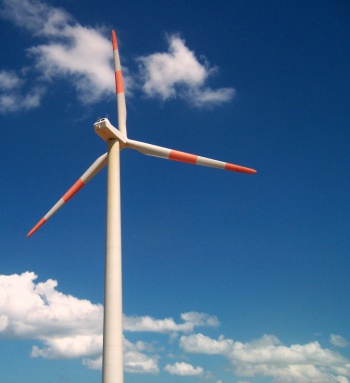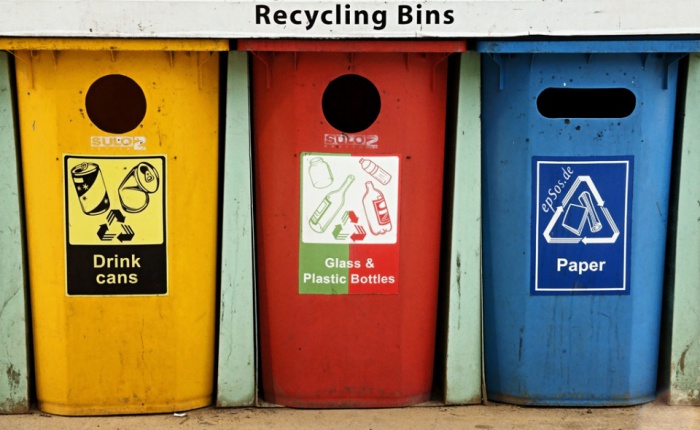 Photovoltaik by Bernd Sieker
Photovoltaik by Bernd Sieker
The BC economy is about to become the major producer of clean technologies in Canada, and if it maintains the pace of development, it will become one of the world’s valued distributors of these technologies. It’s clear that revenues, employment, international trade, and the number of firms are all rising.
Clean Technology on the Rise
A recent report from KPMG, an accounting and consulting firm, shows that BC hosts over 200 clean technology firms, with net revenues in 2011 climbing up to $2.5 billion. Compared to 2008, revenues have increased by 57 per cent! This sector has the potential to grow quickly — possibly up to 8,400 employees over 2011. This would mean an over 16% increase compared to 2010. The average salary in the sector is also notable. With an average salary of $77,000, the clean energy sector offers similar monetary conditions as the mining industry in BC. Report author and KPMG partner Lorne Burns said: “That comes out to more than half-a-billion dollars in payroll to BC families.” Over the past two years, the sector raised over $840 million in capital.
 Windmill by Eduardo Zarate
Windmill by Eduardo Zarate
Up to 35% of clean-tech firms specialize in energy generation, while 29% are involved in other aspects of the clean energy resort, and the remainder focuses on the development of water, waste, and other resource management. The companies are mostly technology driven, which creates strong possibilities for further development and competition between these companies. It also means that the sector has potential for creating more stable jobs in the region. According to the survey, 68 per cent of firms from the survey began production within the past ten years. These include companies like Pulse Energy. You might find Westport Innovations and Ballard Power among the better known companies.
“From 2004 to 2010, global investment in clean tech grew from $52 billion to $243 billion,“ noted Jonathan Rhone, chair for the BC Cleantech CEO Alliance and CEO of Nexterra Systems. “This clean tech sector is a fast growing, knowledge-based, technology export sector and it’s made up of a lot of relatively small-and medium-sized companies. Two thirds of the companies didn’t even exist 10 years ago, so it has been a pretty rapid growth rate,” he added.
Going International
 Colourful Recycling by epSos.de
Colourful Recycling by epSos.de
Countries all over the world invest in the clean-tech sector. Biomass plants, geothermal plants, wind farms, and clean transportation systems are just a few examples of clean-tech energy generation units targeted by investors. The US, our closest neighbour, alone accounted for over 60 per cent of the initiatives in 2010. Big companies such as GE and Walmart are also potential future customers.
“A population the size of Canada is moving into China’s cities every 18 months and 250 million Indians will move from the country to the city over the next two decades. Mayors and planning authorities from those cities will be looking for ideas on how to develop their infrastructure and management systems. Through smart urban planning and innovative partnerships with local clean-tech companies, BC’s cities can become international models of how to plan and implement energy efficient communities.” Marc Andrew is executive director of The Energy Roundtable.



A Recent Report from KPMG, an accounting and consulting firm, shows that BC hosts over 200 clean technology firms, with net revenues in 2011 climbing up to $2.5 billion.